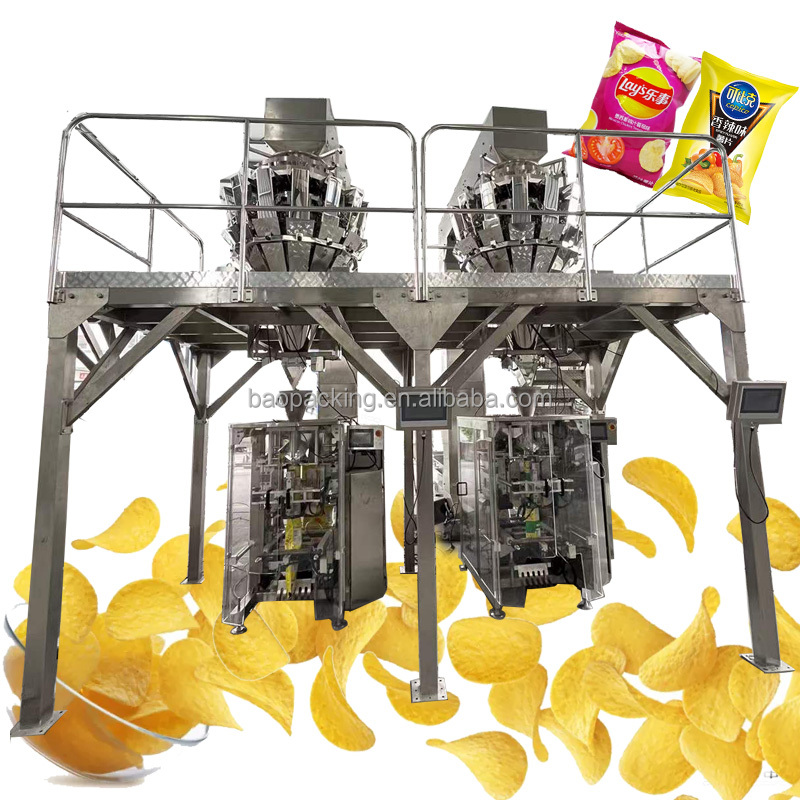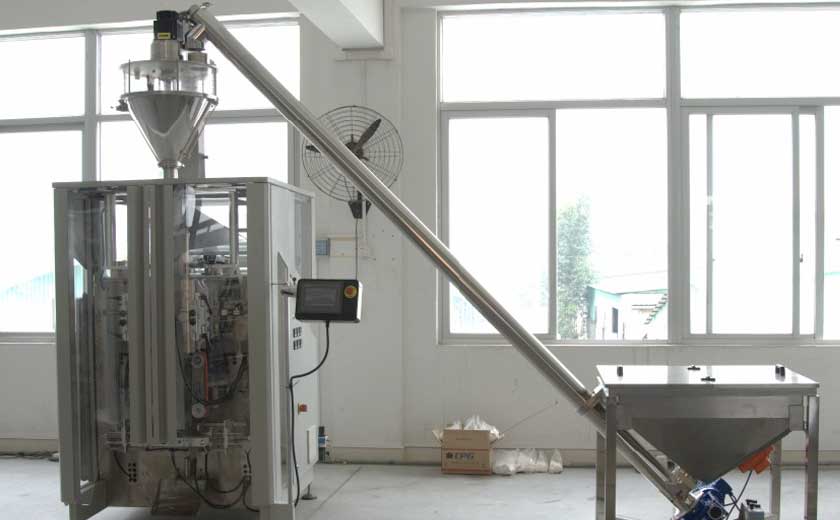Custom vs. Standard Horizontal Form Fill Seal Machines- Which Is Right for You?
In the realm of packaging machinery, horizontal form fill seal (HFFS) machines reign supreme for their efficiency and versatility in handling a wide range of products. However, choosing between a standard HFFS machine and a custom-designed one can be a daunting task. To navigate this decision, it’s crucial to weigh the unique advantages and requirements of your specific packaging operation.
Factors to Consider
1. Production Volume and Complexity:
– Custom HFFS machines excel in high-volume and complex applications where standard machines may fall short.
– High production rates demand machines tailored to specific product characteristics and packaging specifications.
2. Product Characteristics:
– Standard HFFS machines are suitable for a broad range of products with standard shapes and sizes.
– Custom machines cater to unique product dimensions, textures, and handling requirements, ensuring optimal packaging efficiency.
3. Packaging Requirements:
– Standard machines offer a limited range of packaging options.
– Custom machines allow for versatility in package types, materials, and features, accommodating specific packaging needs.
Custom HFFS Machines
Advantages:
– Optimized Efficiency: Tailored to specific products and applications, maximizing production speed and minimizing waste.
– Versatility: Handle various product types, shapes, and packaging requirements with ease.
– Integration Options: Seamlessly integrated with upstream and downstream equipment for a fully automated packaging line.
Considerations:
– Cost: Custom machines typically carry a higher price tag than standard models.
– Lead Time: Designing and manufacturing custom machines requires longer lead times.
Standard HFFS Machines
Advantages:
– Lower Cost: Standard machines offer a cost-effective solution for less complex or lower-volume applications.
– Shorter Lead Time: Readily available off-the-shelf, reducing waiting time for installation.
– Reliability: Proven performance based on established design principles.
Considerations:
– Limited Versatility: May not be suitable for unique or challenging packaging requirements.
– Potential Bottlenecks: Standard machines may encounter production limitations due to product size or complexity variations.
Conclusion
Making the right choice between a custom and standard HFFS machine hinges on the specific demands of your packaging operation. If high-volume production, complex products, and tailored packaging requirements are priorities, a custom machine is likely the better investment. On the other hand, standard machines are a cost-effective and reliable option for less challenging packaging applications. By carefully considering the factors discussed above, you can select the optimal HFFS machine to elevate your packaging efficiency and meet your business objectives.
-

Overview of Packaging Machine Buying Guides
08-01-2024 -

How Does a Vertical Form Fill Seal Machine Work?
30-10-2023 -

Advancements in Auger Powder Filling Technology
27-10-2023 -

A Deep Dive into Automatic Packaging Machines
26-10-2023 -

The Revolutionary Fully Automatic Potato Chips Packaging Machine
20-09-2023 -

How to choose the right packaging machine?
23-08-2023 -

Reducing Waste And Maximizing Yield With Multihead Weigher Machines
15-03-2023 -

Nuts Packaging Machine for Dry Products Perservation
26-11-2022 -

Is Automated Biscuit Packaging Machine Better Than Manual Opeartion?
25-11-2022





